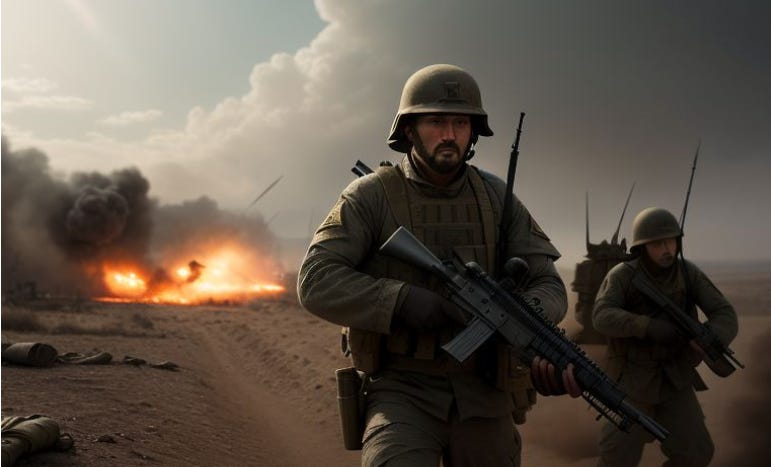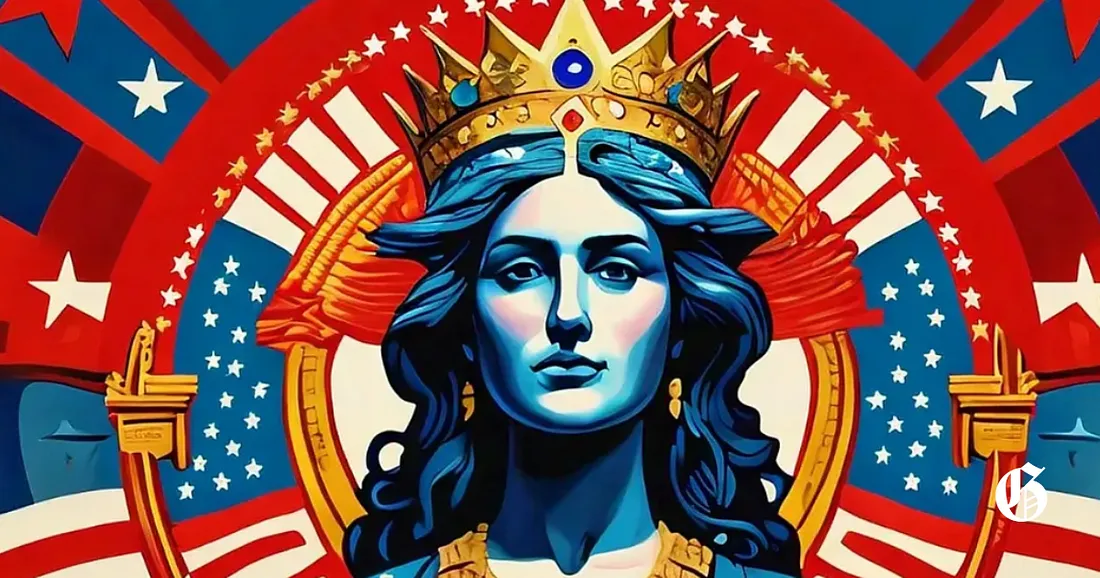JERUSALEM — Yotam Vilk, a former officer in the Israeli armored corps, has described the haunting image of an unarmed Palestinian teenager being killed in the Gaza Strip, an event he says was symptomatic of the broader issues within Israel’s military operations. The teenager, shot as part of an Israeli policy to target anyone entering a “buffer zone” in Gaza, is just one of many incidents that led Vilk, along with others, to question the ethics of continuing the war.
Vilk, now 28, is part of a growing movement among Israeli soldiers who are refusing to serve in the ongoing Gaza conflict, which has lasted for over 15 months. These soldiers, numbering approximately 200, signed a letter stating that they would cease to fight unless the Israeli government negotiated a ceasefire. Their stand highlights a moral dilemma, with many soldiers saying they have witnessed actions that they believe cross ethical lines.
In interviews, soldiers have recounted harrowing experiences, including the indiscriminate killing of Palestinians, the destruction of homes, and the looting of properties. Several soldiers reported being ordered to burn or demolish houses, even when there was no threat. In some instances, they also witnessed their fellow soldiers engaging in acts of vandalism and theft. The graphic accounts from these soldiers offer a stark contrast to the official narrative put forth by Israel, which defends its military actions as efforts to protect national security while minimizing civilian casualties. The International Criminal Court (ICC) is currently investigating these incidents, which some human rights organizations have condemned as war crimes.
Vilk and others, such as Yuval Green, a former medic, and Max Kresch, an army reserve medic, have spoken out about their personal struggles with the violence they witnessed. Green, who deserted his post after witnessing widespread atrocities, said that his final straw came when he was ordered to burn down a Palestinian home. He described the act as vindictive, stating there was no reason to take further from the people who had already lost so much.
The soldiers’ refusal to fight has stirred intense debate within Israel. While some view their actions as an essential moral stand, others see it as a betrayal of national duty. Those who oppose the movement argue that the military’s actions in Gaza are justified, given the threat posed by Hamas, which orchestrated the deadly October 7, 2023, attacks on Israel. The conflict has already resulted in over 830 Israeli soldier casualties, and there are deep divisions within the public about the ethical and political implications of the ongoing war.
Soldiers for the Hostages, the group behind the letter, is working to gather support and expand their movement. Organizers are hosting events and urging soldiers to share their stories, with the aim of creating broader public awareness. The movement is also drawing comparisons to civil rights activism, with supporters invoking the words of Martin Luther King Jr.: “One has a moral responsibility to disobey unjust laws.”
However, the conflict remains unresolved, with international pressure mounting on both Israel and Hamas to reach a ceasefire agreement. While ceasefire talks are underway, the soldiers’ actions have brought new attention to the moral complexities of the war and the ethical burdens borne by those on the front lines. The situation remains fluid, and the debate over Israel’s military actions is likely to continue for the foreseeable future.





















